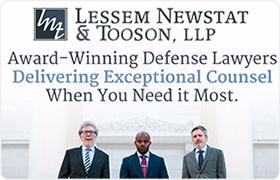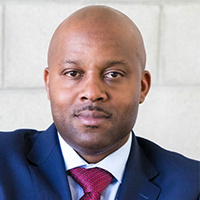Lakewood DUI-DWI Lawyer, California
Sponsored Law Firm
-
 x
x

Click For More Info:
-
Lessem, Newstat & Tooson, LLP
3450 Cahuenga Blvd W Unit 102 Los Angeles, CA 90068» view mapCriminal Defense Your Fight Is Our Fight.
Our team is ready to represent individuals in need of strong, aggressive personal injury or criminal defense as it pertains to one's mental health.
800-805-4781
Andrew Marc Stein
✓ VERIFIEDAndrew M. Stein has been practicing law for over thirty years and has specialized in the area of criminal law and civil rights. He received his Bachel... (more)
George L. Fernandez
✓ VERIFIEDFrom working at a large law firm, to opening his own practice, Attorney George L. Fernandez has represented hundreds of clients in the California and ... (more)
Sue S Jung
✓ VERIFIED20+ YRS CRIMINAL LAW EXPERIENCE, FORMER DEPUTY DISTRICT ATTORNEY AND DEPUTY PUBLIC DEFENDER I am passionate about helping people using personalized... (more)
FREE CONSULTATION
CONTACT J. Tooson Los Angeles, CA
J. Tooson Los Angeles, CA Practice AreasExpertise
Practice AreasExpertise



